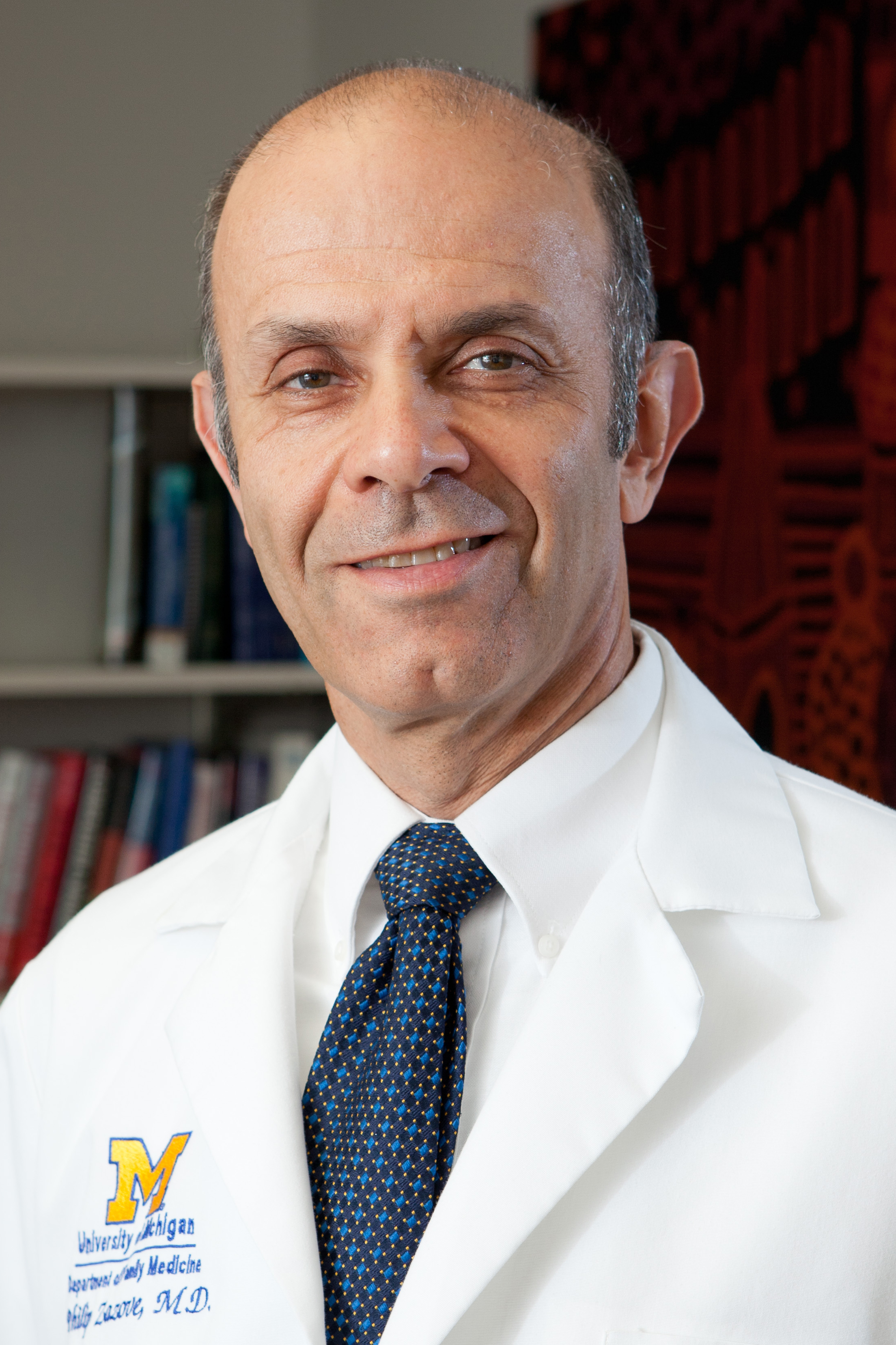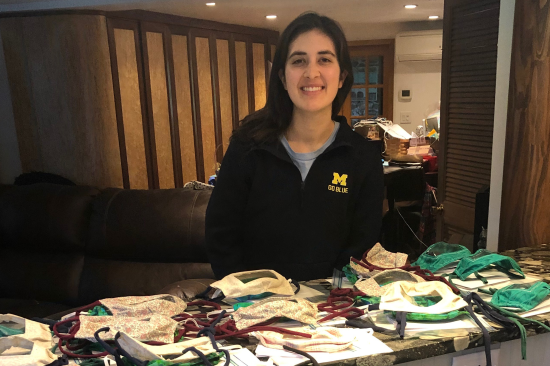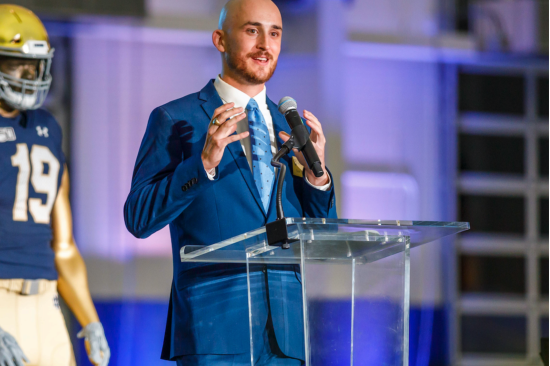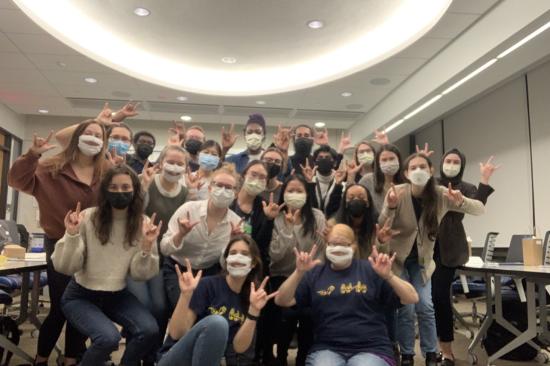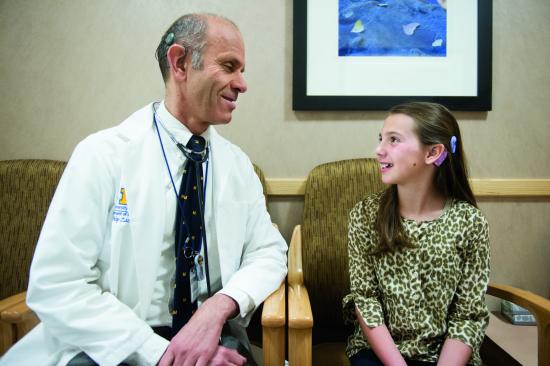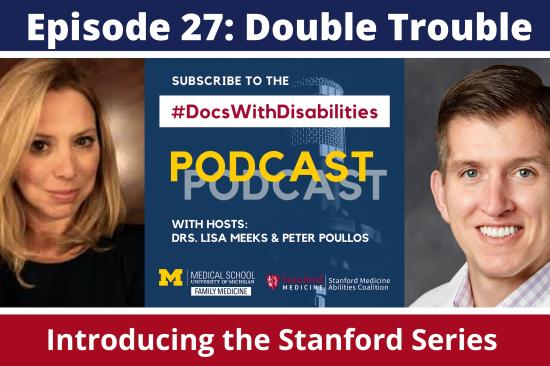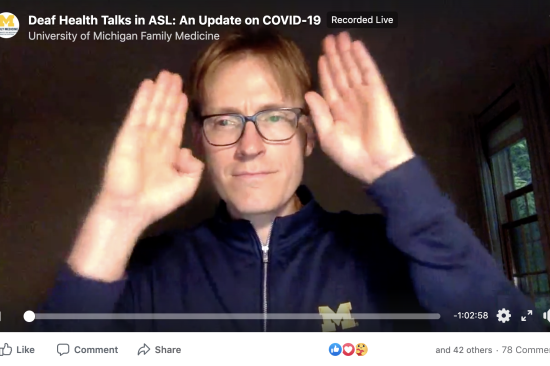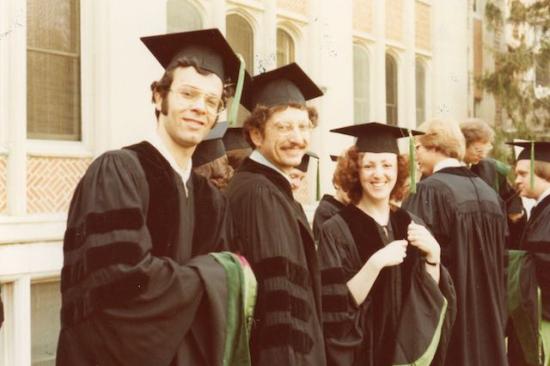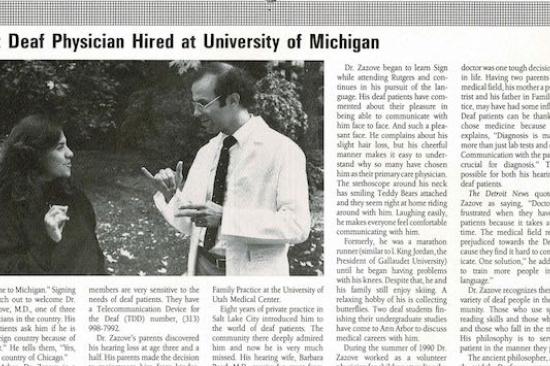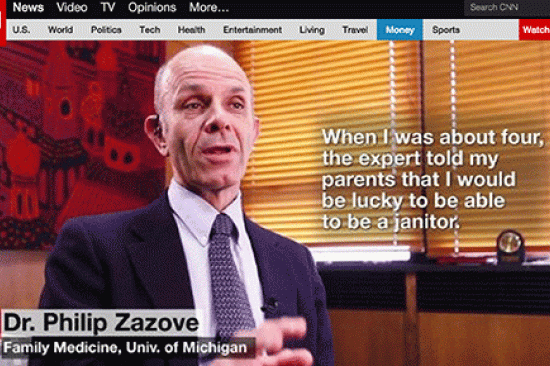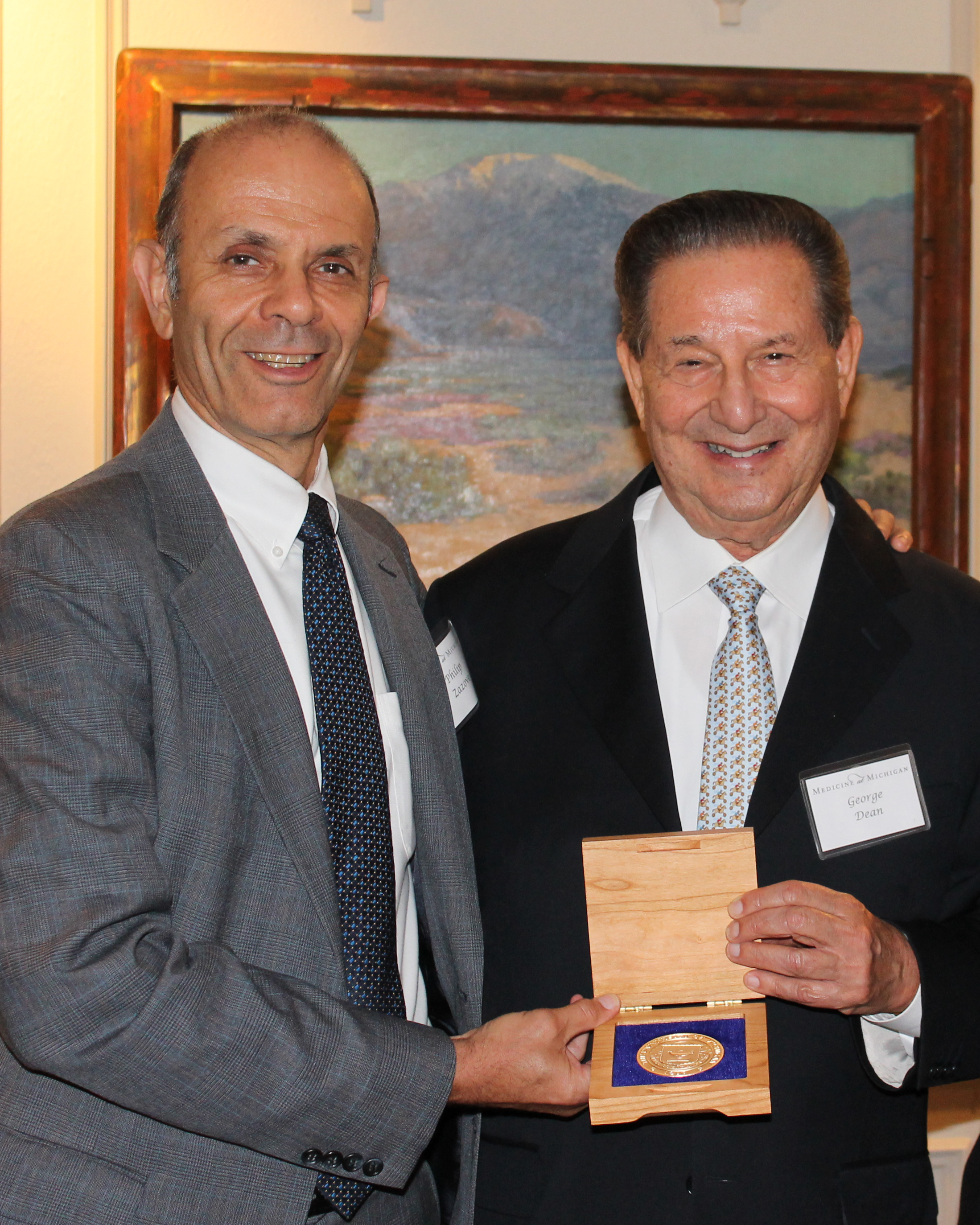Philip Zazove, M.D., as a family physician who has lived his life with profound hearing loss, is well acquainted with overcoming adversity. He’s had to prove himself repeatedly as someone who is just as competent and capable as someone who does not have a disability.
This was true from an early age, as he attended public school as a child growing up in Lincolnwood, Ill. (near Evanston and Skokie), where he was one of the first deaf children mainstreamed in the northern Chicago suburbs. He then attended college at Northwestern University.
Dr. Zazove decided to attend medical school upon graduation from Northwestern. Due to his deafness, he faced countless rejections by medical schools before finally gaining admittance at Rutgers Medical School. Despite those ongoing challenges, he was able to establish his own medical practice in Utah in 1981, and then joined the University of Michigan as an assistant professor in 1989.
Dr. Zazove has served as the second George A. Dean, M.D. Chair of Family Medicine in the Department of Family Medicine at the University of Michigan (U-M) since 2011 and is now ready to retire after a lifetime of impressive achievements, including the creation of MDisability.
MDisability is a collaborative family medicine program focused on improving the inclusion of people with disabilities in healthcare research, education, practice, and community engagement. MDisability hosts a summer internship for students who wish to learn more about health care for people with disabilities.
“It’s time for someone with new ideas and energy to come in,” said Dr. Zazove, who turned 70 in 2021. “Also, I’m ready to spend more time with my wife (Barbara Reed, M.D., MSPH, professor emeritus of family medicine at U-M).”
Dr. Zazove leaves behind a tremendous legacy as a deaf clinician and researcher. He has tirelessly advocated for health care for people with disabilities and has pushed for changes that have opened access to medical school education to students who also have disabilities, not only at U-M but across the globe.

